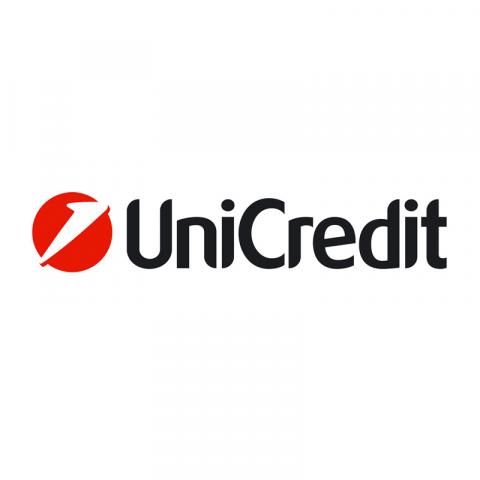UniCredit launched its Social Impact Banking (SIB) programme to help the development of a more equitable and sustainable society. The aim of the programme is to support individuals, micro-enterprises and social initiatives to foster positive social impacts in the communities where UniCredit operates. The UniCredit Social Impact Banking programme brings banking products and expertise to help people at risk of financial exclusion and organisations dedicated to tackling social problems, leveraging as much as possible the engagement of the bank's employees.
The programme focuses on raising credit, sharing UniCredit's financial and business know-how with communities, and building networks among like-minded organisations, such as social and trade associations, foundations and public institutions. The programme was launched at the end of 2017 in Italy and will be rolled out to the other countries where the Group is present, in Central and Eastern Europe. Social Impact Banking strengthens the Group's contributions to society with three coordinated streams that will help drive the growth and sustainability in communities in the medium to long-term:
Microcredit - through which the bank - by collaborating with an "ecosystem" of actors (i.e., Social Partners that offer their services free of charge to scout the potential customers and support them in defining their business plans) - offers loans, expertise (NFS -not financial support) and support to microenterprises that are often excluded access to traditional banking products and services
Impact Financing - the offer of subsidised loans and competitively priced products and services to both for-profit and not-for-profit enterprises whose objective is to have a social impact, i.e. that produce goods/services aimed directly at people in situations of exclusion/disadvantage or vulnerability (elderly, young people, etc), have as primary goal the inclusion in employment of people in disadvantaged situation (e.g. disabled people) and offer goods/services for the wider communities (health, education, etc) at moderate prices, therefore helping the social and economic integration of disadvantaged and vulnerable people. Such financing scheme couple with a "pay-for-success" approach, recognising additional economic benefits to those supported initiatives able to achieve specific and measurable social impact objectives (agreed ex-ante between the Bank and the financed organisation). The programme is designed to support social innovation as a positive driver of change. UniCredit will share success stories and promote new partnerships and networks.
Financial Education and inclusion - through which financial awareness is either a mean of supporting young generations, elderly people, families and other vulnerable groups and a boost for micro and social enterprises as they begin operating;
Voluntary work - UniCredit employees and former ones will play a key role by offering banking core skills and experience through education and mentorship programmes dedicated to those who work for the social development of the territory (e.g. social enterprises, micro-entrepreneurs, students and disadvantaged people, more in general). To facilitate this process, UniCredit has supported the establishment of a volunteer association - UniGens - that welcomes colleagues and former colleagues willing to give their time and their skills, gained during their professional experience.
UniCredit is set to become an important player in the social impact investing ecosystem, offering a wide range of products and services to support the growth of the social impact investing market in Italy and, increasingly, in Central and Eastern Europe, also working with a wide network of expert partners.














